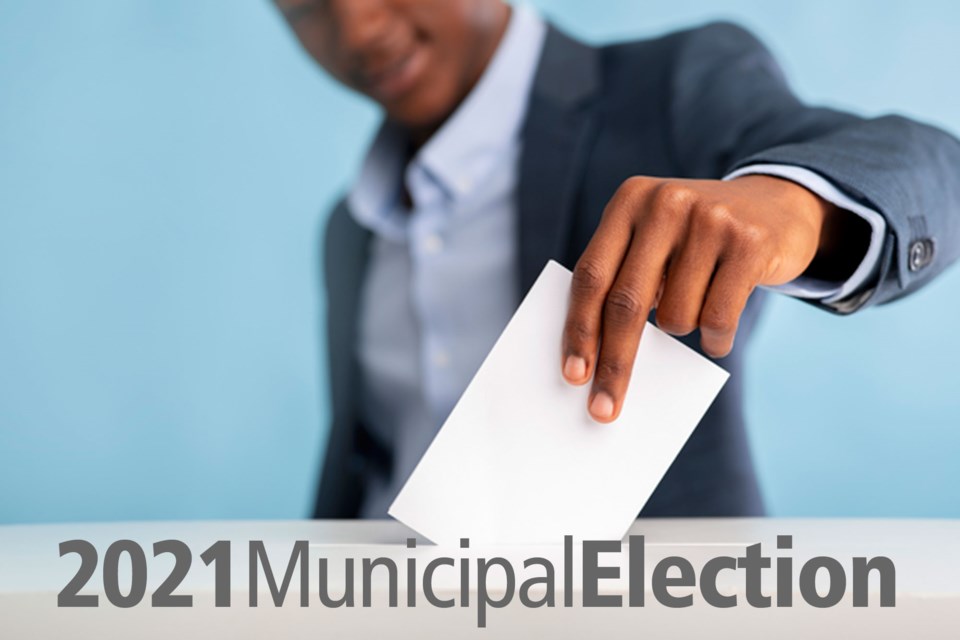St. Albert has been looking at ways to cover a repair, maintenance, and replacement (RMR) shortfall and the city has stated that taxes in the will need to be raised by four to five per cent in the next two years to cover it.
Candidates in the upcoming election said they would first need time to look at how those numbers came to be, and then gave their ideas about what could be done before a hike.
Mike Killick said he doesn’t fully understand the $16-million shortfall. He would work with administration to find alternatives, so the city doesn’t have to raise taxes.
“The only other alternative is generating revenue from the solar farm. I'm still not convinced [about] that solar farm. There's a difference between generating revenue and making profit,” said Killick.
Killick said he would like to sit down with administration before cutting any services. The size of the budget means they could likely find a five-per-cent reduction, potentially off of some of the big capital construction budgets.
Louis Sobolewski wants to inspect the numbers to see what caused the shortfall and what the options would be to fix it.
“You can't out-tax wasteful spending,” he said.
He said the city needs to look at how it is replacing assets. The city has spent money on consulting reports too early, has shelved them, and when it’s time to look at them, has found them to be out of date.
“The point that I wanted to stress was you first have to look at your spending … just to give people confidence. If you do, that it's easier when you have to propose a tax increase,” Sobolewski said.
Shawn Lemay said the dialogue from the incumbents has been that there is a significant shortfall, but they were ready to forge ahead with borrowing money on a risky venture.
“That’s not the way to do business. I want to see no increase in taxes. I want to look at the books carefully, because I do believe that overspending and reckless spending is a contributor to why we're in this situation,” he said.
Lemay is willing to look at creative, innovative approaches, which he believes he brings to the table. He wants to look at cost-saving opportunities to ensure the city is being fiscally responsible in service delivery.
Wally Popik wonders if the city has looked at other options besides raising taxes, as it is a last resort in his mind.
Popik said the one-per-cent policy for arts and culture construction is an example of spending that could be cut.
“In times when there's economic problems, you shouldn’t have any sacred cows,” he said.
Popik believes the city needs to look at existing services and look at ways to make them more efficient.
“I think the way you can do that is by simply going to the people that work in those in those services and ask them … That's where your best answers are,” Popik said.
Donna Kawahara said the city has done a lot of paring down and doesn’t think there are things to cut.
“We don't have a lot of grants coming in … they've cut the provincial funding … looking for those different areas that we can get revenue from is a really good idea, so that's probably the best thing we can do, is start thinking a little bit creatively,” she said.
Kawahara would like to see is some of the annexed land turned into a business or light industrial park.
“We can get more business tax without increasing the percentage of tax that current business owners are already paying,” Kawahara explained.
Joseph Trapani said to address the shortfall he would look at all the expenditures, such as the solar farm.
“People are saying that we're moving too fast. We need to be aware of global warming, but it doesn't mean that we've got to solve it,” he said.
Trapani would also look at art spending.
“Do we really need a pole with ducks on top? … Let’s use our money elsewhere.”
Trapani said he would sell off some of the land the city owns to build low-cost housing.
“You’re doing two things, getting money … and at the same time, supporting low-cost housing for people who really need it,” Trapani said.
Isadore Stoyko isn’t certain there is a funding shortfall. He said he would like to review budgets in a more intricate manner.
On top of that, Stoyko said the city needs to look at maintaining what they already have instead of replacing it with a new project that needs to be maintained.
Stoyko said there were projects done that didn’t need to be, such as the paving in North Ridge.
Stoyko said he would put everything on the table.
“Every situation with services that we are providing has to be justified,” he said.
Leonard Wilkins said the city needs to cut costs to address the funding shortfall. He said there have been some unnecessary projects, such as the work done at the ponds in Heritage Lakes.
“What we need, in general, is to do closer scrutiny of what the city is spending money on,” said Wilkins, such as the solar farm.
“I’m not against solar power, but I'm against solar power as a financial investment. It is a really good thing for the environment. It's just not something that's going to bring a significant amount of revenue into St. Albert."



